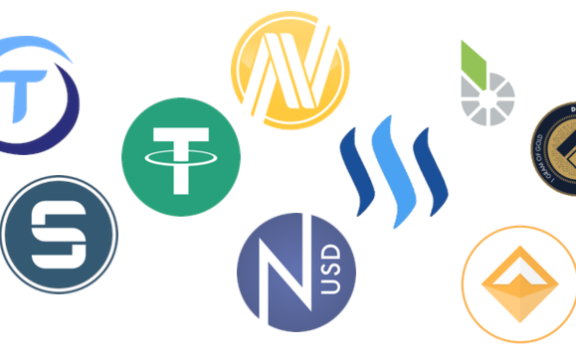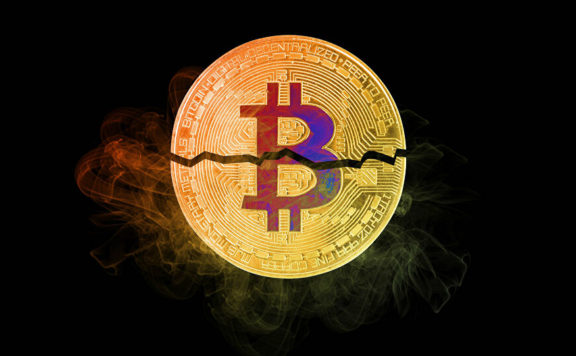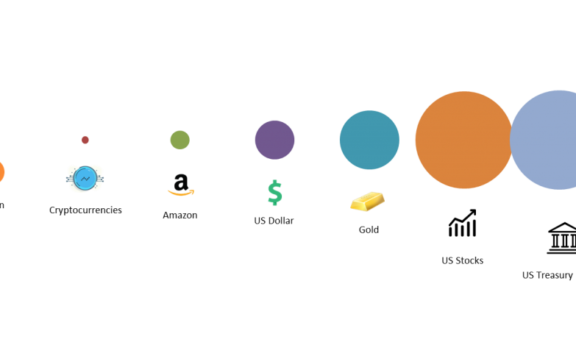Definition
A smart contract is a computer program that establishes the terms of an agreement, is stored on a blockchain, and executes when certain conditions are met. They are used to build apps that take advantage of blockchain functionality such as security, trustless reliability, and peer-to-peer accessibility. They are used in a broad variety of industries from insurance to logistics and even gaming.
The term “smart contracts” is used to describe the programmability of a contract between two or more parties. The principle is simple. Blockchain technology offers a mechanism to ensure contract conditions are met, without the use of a middle man like a lawyer, before triggering an outcome. All agreed terms are hard-coded into the smart contract and cannot be changed once executed. These are the basic mechanisms behind Bitcoin. A trusted intermediary like a lawyer or bank is not required, so it is called a “trustless” system. This means you can automate virtually any kind of deal or transaction, all with a high level of reliability and security and across any political border in the world.
What makes smart contracts so useful?
There is a growing number of smart contract developers working across many industries building decentralised apps and tokens. They are used in logistics contracts, gaming experiences and financial tools. They are all stored on a blockchain just like any other cryptocurrency transaction. Ethereum is currently the most utilised blockchain for this purpose. Once a smart contract is added to the blockchain, it cannot be changed.
“Dapps” or decentralised applications are powered by smart contracts. The most promising development is the emergence of decentralised finance (Defi), which is a technology based on digital contracts that is poised to disrupt the banking industry. DeFi apps can now provide cryptocurrency holders access to complex financial instruments, saving and loans, and insurance and from anywhere in the world. This is all done without the need for an intermediary bank or other financial institution. And since the banks won’t be taking their cut, it is far cheaper.
Here are some of the most popular dapps:
- Uniswap: This is a decentralized exchange that allows users to trade cryptocurrencies without a central authority controlling the exchange rates and taking a cut. This exchange is powered by smart contracts that automatically finds you the best price for your exchange.
- Compound: This is a DeFi platform that uses smart contracts to allow borrowers instantly get loans from investors without using banks or other lending institutions.
- USDC and USDT: These are cryptocurrencies that are pegged to the US dollar using smart contracts. So, one USDC is worth one USDT and one U.S. dollar. These cryptocurrencies are called stablecoins.
Smart contracts build the financial tools and instruments necessary to allow small investors to access the types of opportunities that are usually reserved for an elite in traditional finance. In fact, dapps are more secure and reliable than those traditional systems. Through the use of smart contracts, the financial industry is becoming more democratised.
What’s under the hood?
Although, Ethereum is currently the most popular smart contract platform, there are many other cryptocurrency blockchains emerging. Some are designed to specifically work in certain industries, while others offer cross chain functionality. Some of these are EOS, Neo, Tezos, Tron, Polkadot, and Algorand.
Anyone with the know-how can create and deploy a smart contract to any of these blockchains. Remember, all code is open-source, which means it’s free, transparent, and accessible by all. It is publicly verifiable so anyone can examine the logic behind your smart contract when it receives digital assets.
- On the Ethereum network, smart contracts are stored on the blockchain (just as transaction data is) and are visible allowing anyone to inspect their code. They are written in a number of programming languages such as Web Assembly, Michelson and Ethereum’s Solidity.
- Every computer, or node, on a blockchain network has a copy of every smart contract.
- In order to reach a consensus, all the nodes in a network execute the same contract once it receives funds from a user. Then the nodes, compare results and if there is a conflict, the result reached by the majority is taken. This mechanism enables blockchains to operate without the need for a central authority like a bank. Users can make complex financial transactions with anyone in the world without a middle man.
- The only fees associated with smart contracts on a network like Ethereum are called “gas”. They are usually very small and are used to keep the blockchain running.







